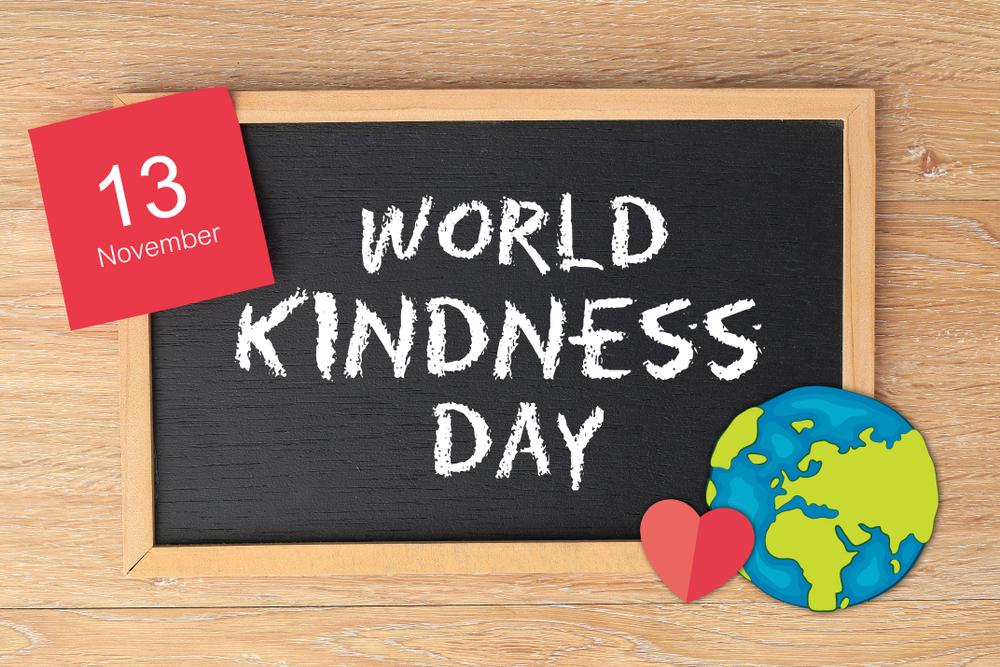International Day of Awareness on Food Loss and Waste Reduction
The International Day of Awareness of Food Loss and Waste Reduction is observed every year on 29 September.
It was established by the United Nations (UN) in 2019 and first celebrated in 2020. The day raises global awareness about the importance of reducing food loss and waste as part of achieving sustainable consumption and production, improving food security, and reducing greenhouse gas emissions.
The theme for this year is a call to action:
“Stop food loss and waste. For the people. For our planet.”
Why it matters:Food loss happens mainly during production, handling, and storage.
Food waste happens mainly at the retail and consumer level.
Around 13% of food produced globally is lost before reaching shops, and 17% is wasted at consumer, food service, and retail levels.
Reducing food loss and waste helps fight hunger, supports the economy, and reduces climate impact.
The day encourages governments, businesses, and individuals to take collective action—from improving supply chains and storage to encouraging consumers to plan meals, store food correctly, and avoid over-purchasing.
Here are some practical ideas for individuals to take action on the International Day of Awareness of Food Loss and Waste (29 September) — and beyond:
Everyday HabitsPlan meals: Make a shopping list and buy only what you’ll use.
Check your fridge first: Use what you already have before buying more.
Store food properly: Learn the best ways to store fruits, vegetables, bread, and leftovers to extend freshness.
Understand labels: “Best before” ≠ “unsafe after.” Use your senses to judge.
Cook creatively: Use vegetable stems, peelings, and leftovers in soups, smoothies, or stir-fries.
Portion control: Serve smaller amounts and go for seconds if needed.
Freeze extras: Bread, sauces, and cooked meals can often be frozen instead of thrown away.
Compost: Turn food scraps into natural fertilizer.
Support local initiatives: Join or donate to community fridges, food banks, or food-sharing apps.
Choose “imperfect” produce: Buy “ugly” fruits and vegetables that are perfectly edible but often wasted.
Raise awareness online: Share facts and tips on reducing food waste.
Get family & friends involved: Challenge them to track and reduce waste for a week.
Celebrate leftovers: Host a “leftover dinner” where everyone brings dishes made from surplus food
How much do you know about food loss and waste?







